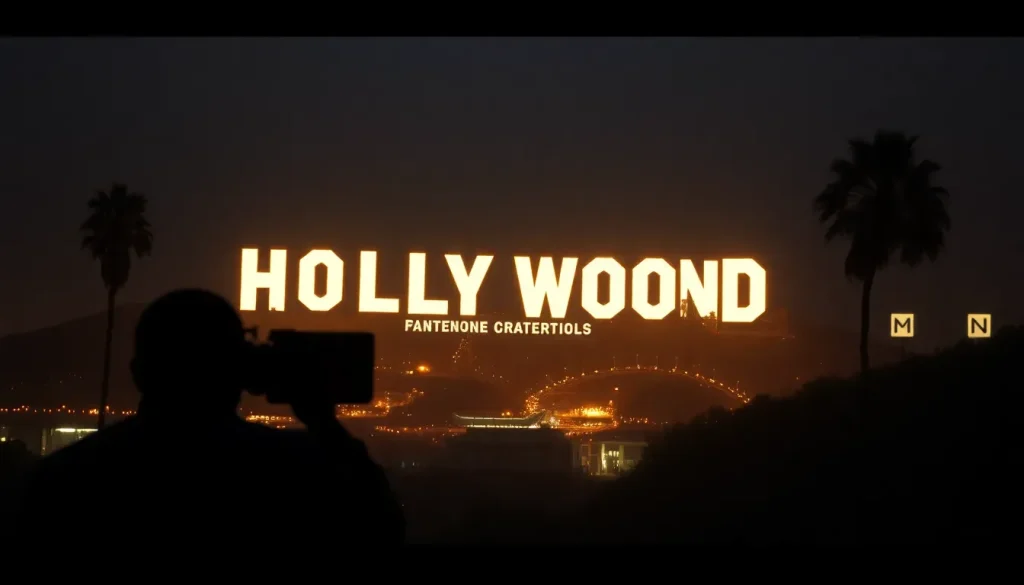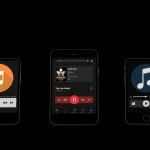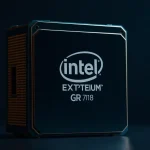OpenAI allows Hollywood: Sora can use copyrighted content with permission

OpenAI, the creator of the renowned ChatGPT, has recently made significant changes regarding copyright policies for its video creation tool, Sora. These modifications aim to give content owners more control over how their intellectual property is utilized within the platform. As a result, those who own rights to characters and content will now have the ability to dictate how they can be used in Sora, with OpenAI proposing a revenue-sharing model to incentivize participation.
Previously, users of Sora or ChatGPT requesting the creation of famous characters from franchises like Disney or Marvel would receive a message stating that such requests were not possible due to copyright violations. However, this may change, as OpenAI looks to establish a framework that allows greater access to these intellectual properties (IPs) while compensating the rights holders. This new approach could also give them the power to completely block the use of their characters if they choose.
Disney leads the charge in blocking copyright content on Sora
As OpenAI attempts to make Sora more user-friendly for content creators, one of the largest hurdles has been the response from Hollywood, particularly from Disney. The company has taken a firm stance against allowing its characters to be featured in the app, effectively blocking any AI-generated content that closely resembles its IP.
To facilitate the inclusion of more characters, OpenAI is introducing a revenue-sharing model that allows creators to monetize the content generated with their characters. This strategy stems from a growing demand for content creation, especially within niche markets. However, the response from major studios like Disney indicates a cautionary approach to the integration of AI technology.
The implications of this model are significant, as it could open up new revenue streams for both creators and studios. The framework will enable rights holders in the entertainment industry, including film and television studios, to control how their characters are used within Sora. This control could manifest in a variety of ways, including:
- Setting specific guidelines for character usage
- Establishing financial compensation for each creation involving their IP
- Deciding on the extent of access granted to users for their characters
While Disney has opted for a restrictive stance, it remains to be seen how other studios will respond to this opportunity for monetization. As the market for AI-generated content continues to expand, these decisions will likely shape the future of how intellectual property is treated in the digital age.
Understanding the capabilities of Sora's video creation app
Beyond the legal intricacies of copyright, Sora presents a robust platform for video creation. The app offers both a basic free version and a more advanced paid version, catering to different user needs and interests.
The free version allows users to generate videos of up to 5 seconds with limited resolution and features. Furthermore, it comes equipped with stringent filters to prevent the creation of copyrighted content, which may slow down the content generation process. This version primarily serves as an introduction to Sora's capabilities.
On the other hand, the paid version provides users with an enhanced experience, allowing them to create videos up to 20 seconds long at a resolution of 1080p. This version unlocks all features, including:
- Advanced content filters
- Speedier video creation
- Access to "fast credits" to expedite the production process
While the visual quality of the videos is impressive, there is still room for improvement. OpenAI has indicated that updates to enhance visual fidelity are expected within the coming months, which could further elevate the user experience.
How to access Sora from OpenAI
For those interested in exploring Sora's features, accessing the app is straightforward. Users can sign up for either the free or paid version through OpenAI’s official website. The process typically involves creating an account and verifying it via email.
Once registered, users can immediately begin experimenting with video creation, regardless of the version they choose. The platform is designed to be user-friendly, enabling even those with little technical expertise to navigate its features effortlessly. This accessibility is particularly beneficial as AI-generated content continues to gain traction across various industries.
Future prospects for Sora and its impact on content creation
The developments surrounding Sora and its copyright policies signify a transformative moment in the realm of AI-generated content. By collaborating with rights holders, OpenAI not only paves the way for a more inclusive approach to content creation but also challenges traditional notions of intellectual property.
The potential for creativity is immense, as users can harness the power of AI to bring their visions to life. As more studios consider the revenue-sharing model, we may witness a shift in how intellectual property is valued and utilized in the digital landscape.
In the meantime, creators are encouraged to explore the capabilities of Sora and contribute to the evolving dialogue about copyright and AI. The app’s features make it an exciting tool for both hobbyists and professionals alike.
For further insights into the evolving landscape of AI tools, you might find this video interesting:




Leave a Reply